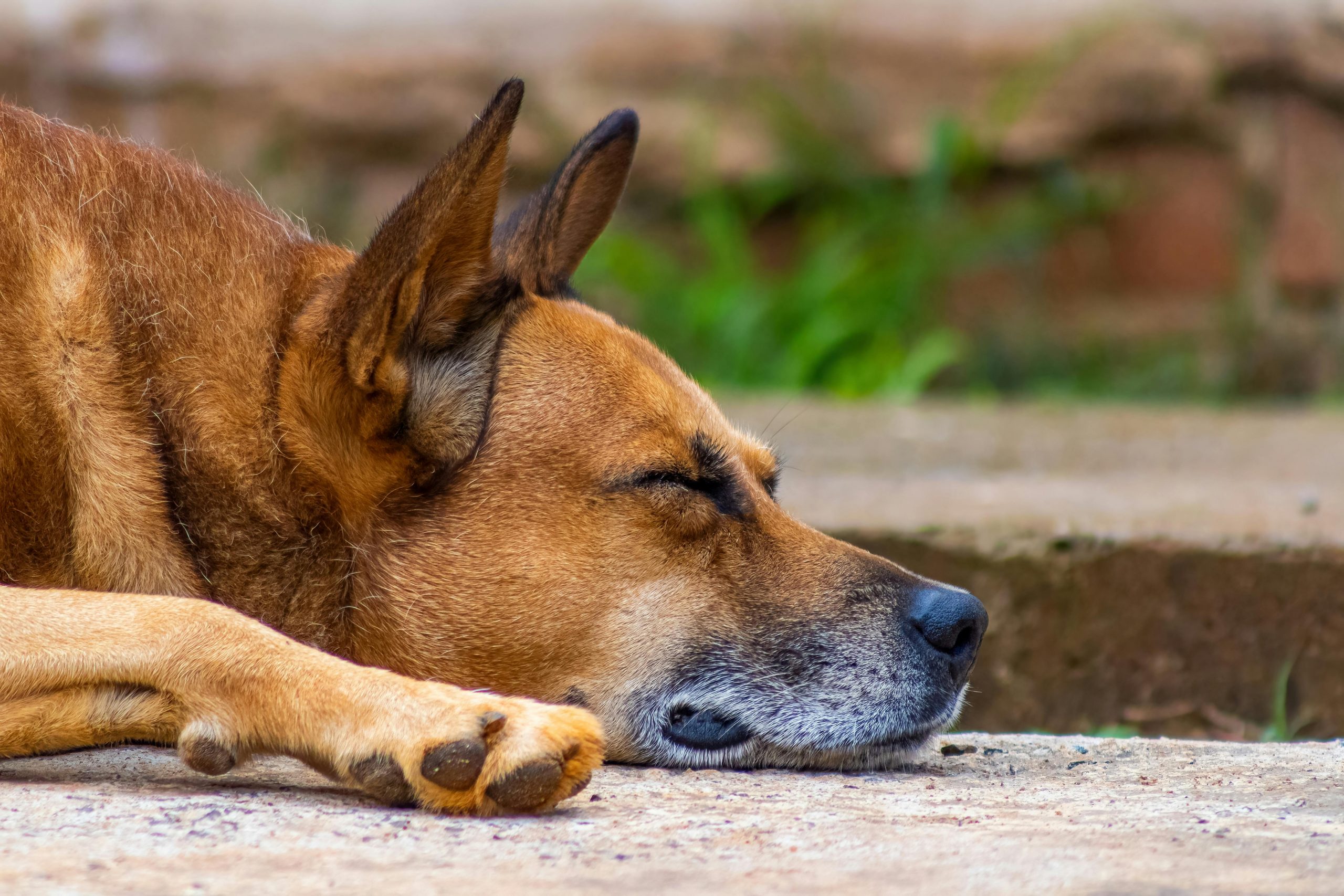The Great Pyrenees, known for their majestic appearance and calm demeanor, are a breed that requires specific care, especially in terms of ear health. These gentle giants possess floppy ears that, while beautiful, are prone to wax buildup, moisture retention, and debris accumulation. Such conditions can lead to infections and discomfort if not properly addressed. Regular ear cleaning is a critical aspect of their grooming routine, not only for maintaining hygiene but also for ensuring the overall health and comfort of the dog. For owners of Great Pyrenees, understanding the proper technique for ear cleaning is essential. This routine care not only helps in preventing ear infections but also provides an opportunity to check for any signs of ear problems, thereby ensuring the well-being of these noble dogs.
How to Clean a Great Pyrenees’ Ears: Step-by-Step Instructions
- Gather Necessary Supplies: Before starting, ensure you have a dog-specific ear cleaning solution, cotton balls or soft gauze, and some treats for rewarding your dog.
- Create a Calm Environment: Choose a quiet and comfortable area to clean your Great Pyrenees’ ears. This helps in keeping your dog relaxed.
- Inspect the Ears First: Gently examine the ears for signs of infection like redness, swelling, or an unusual smell. If these signs are present, consult a veterinarian.
- Apply Ear Cleaning Solution: Lift the ear flap gently and apply the cleaning solution into the ear canal, taking care not to insert the bottle tip too deeply.
- Massage the Base of the Ear: Gently massage the base of the ear for a few seconds. This action helps the solution to break down and loosen wax and debris.
- Allow Your Dog to Shake Its Head: Step back and allow your Great Pyrenees to shake its head, aiding in loosening the debris inside the ear canal.
- Wipe the Ear: Using cotton balls or gauze, gently clean the ear, focusing on the visible parts of the ear canal and the ear flap. Do not probe too deeply into the ear canal.
- Reward Your Dog: Offer a treat after cleaning each ear. This helps in creating a positive experience for your dog.
- Repeat for the Other Ear: Make sure both ears are thoroughly cleaned.
Benefits of Cleaning Your Great Pyrenees’ Ears
- Preventing Infections: Regular ear cleaning removes buildup and decreases the risk of bacterial and yeast infections.
- Early Detection of Issues: Routine cleaning and inspection can lead to early detection of potential ear problems, facilitating timely veterinary care.
- Odor Reduction: Clean ears are less likely to develop unpleasant odors often associated with infections.
- Comfort: Removing debris and wax buildup prevents discomfort and irritation, contributing to the overall comfort of your Great Pyrenees.
Incorporating ear cleaning into the grooming routine of your Great Pyrenees is essential for their health and well-being. This process, while simple, plays a significant role in preventing ear infections and other complications. Always approach ear cleaning with patience and gentleness, ensuring a positive experience for your Great Pyrenees. If you encounter any issues or have concerns about your dog’s ear health, consulting with a veterinarian is always the best course of action. Regular ear care is a straightforward yet vital aspect of caring for your noble and gentle Great Pyrenees.
Frequently Asked Questions About Cleaning A Great Pyrenees’s Ears
1. How often should I clean my Great Pyrenees’ ears?
Cleaning your Great Pyrenees’ ears should typically be done every 1-2 weeks. The exact frequency depends on individual factors, including the dog’s environment, activity level, and natural wax production. Given their floppy ears, Great Pyrenees are more prone to wax and moisture buildup, which can lead to infections if not regularly cleaned. Regularly inspecting the ears will help you determine the right cleaning schedule. If you notice excessive wax, dirt, or a bad smell, increase the frequency of cleaning. It’s also important not to over-clean, as this can lead to irritation. Consult with your veterinarian if you have concerns about how often to clean your dog’s ears.
2. What type of ear cleaner should I use for my Great Pyrenees?
For Great Pyrenees, it’s essential to use a high-quality, dog-specific ear cleaning solution. These solutions are formulated to be gentle on your dog’s ears while effectively removing dirt and wax. Avoid using cleaners that contain harsh chemicals or alcohol, as these can irritate the sensitive skin inside the ears. If your Great Pyrenees has sensitive ears or a history of ear problems, consult with your veterinarian for a recommendation on the most appropriate ear cleaner. Using the right product ensures a safe and effective cleaning process.
3. Can I use cotton swabs to clean my Great Pyrenees’ ears?
It is not recommended to use cotton swabs or Q-tips deep inside your Great Pyrenees’ ears, as they can push wax and debris further into the ear canal and risk damaging the delicate structures inside. Instead, use a cotton ball or soft piece of gauze to gently wipe the visible part of the inner ear and the ear flap. Focus on cleaning the areas you can see and avoid inserting anything deep into the ear canal to prevent injury.
4. How can I tell if my Great Pyrenees has an ear infection?
Signs of an ear infection in a Great Pyrenees include redness, swelling, a strong unpleasant odor, discharge, and behaviors indicating discomfort, such as scratching the ear, shaking the head, or whining. In severe cases, you might also notice changes in your dog’s balance or hearing. If you observe any of these symptoms, consult your veterinarian for proper diagnosis and treatment. Regular ear inspections during cleaning can help in early detection of potential issues.
5. What is the best way to hold my Great Pyrenees during ear cleaning?
When cleaning your Great Pyrenees’ ears, ensure both you and your dog are comfortable. Have your dog sit or stand in a calm area. Gently hold the dog’s head steady with one hand, and use the other hand to perform the cleaning. Speak in a soothing voice to keep them calm. If your Great Pyrenees is resistant, try doing the process in stages, gradually getting them accustomed to ear cleaning. Patience and positive reinforcement are key.
6. How deep into the ear canal should I clean?
When cleaning your Great Pyrenees’ ears, focus on the areas you can easily see. Avoid inserting anything deep into the ear canal, as this could cause injury. Use a cotton ball or gauze pad soaked in ear cleaning solution to gently wipe the inside of the ear flap and the entrance to the ear canal. The goal is to clean the ear effectively without risking harm to your dog.
7. Can ear cleaning prevent hearing loss in my Great Pyrenees?
Regular ear cleaning can help prevent conditions that might lead to hearing loss in Great Pyrenees, such as chronic infections or blockages in the ear canal. However, it’s important to note that ear cleaning alone cannot prevent all causes of hearing loss, such as genetic factors or age-related changes. Consistent ear care, combined with regular veterinary check-ups, is important in maintaining your dog’s ear health and hearing.
8. How should I dry my Great Pyrenees’ ears after cleaning?
After cleaning your Great Pyrenees’ ears, it’s important to dry them thoroughly to prevent moisture buildup, which can lead to infections. Use a soft, dry cloth or cotton ball to gently pat the inside of the ear flap and the outer ear canal. Avoid using a hair dryer or any direct heat, as this can be too harsh. Ensure the ears are completely dry, especially if your Great Pyrenees has had a bath or been swimming, to maintain optimal ear health.
9. Can diet affect my Great Pyrenees’ ear health?
Yes, diet can impact your Great Pyrenees’ ear health. A balanced diet supporting overall health can help prevent ear problems. Some Great Pyrenees may be prone to allergies, which can manifest as ear infections. In such cases, feeding a hypoallergenic diet or a diet formulated for sensitive skin can be beneficial. Consult with your veterinarian for dietary recommendations tailored to your Great Pyrenees’ specific health needs.
10. How can I tell if my Great Pyrenees dislikes ear cleaning?
If your Great Pyrenees dislikes ear cleaning, they might show signs of discomfort or stress, such as whining, trying to move away, or pawing at their ears. It’s important to approach ear cleaning gently and make it a positive experience. Use treats and praise to create a calm environment. If your dog consistently shows discomfort, consider consulting a professional trainer for advice on making the experience more comfortable.
11. Are Great Pyrenees more prone to ear problems than other breeds?
Great Pyrenees, with their large, floppy ears, can be more prone to ear problems than breeds with erect ears. The shape of their ears can trap moisture and reduce air circulation, creating an environment conducive to infections. Regular ear cleaning and monitoring are essential in preventing these issues and maintaining overall ear health.
12. What is the best ear cleaning solution for Great Pyrenees with sensitive ears?
For Great Pyrenees with sensitive ears, use a gentle, hypoallergenic ear cleaning solution recommended by your veterinarian. These solutions are specifically formulated for dogs with sensitive skin and are less likely to cause irritation. They often contain soothing ingredients like aloe vera or chamomile. Avoid products with harsh chemicals or fragrances, which can aggravate sensitive ears.
13. Can regular ear cleaning prevent balance problems in my Great Pyrenees?
Regular ear cleaning can help prevent conditions that might affect your Great Pyrenees’ balance, such as inner ear infections. By keeping the ears clean and free from excessive wax and debris, you reduce the risk of infections and blockages that can impair balance. However, if you notice any balance issues, it’s important to consult your veterinarian promptly, as these could be signs of a more serious condition.
14. Can a poor grooming routine lead to chronic ear problems in Great Pyrenees?
A poor grooming routine, including infrequent or improper ear cleaning, can lead to chronic ear problems in Great Pyrenees. Neglecting ear care can result in the buildup of wax and debris, leading to infections and other complications. Consistent and proper ear cleaning is vital to prevent such issues and maintain your Great Pyrenees’ ear health.
15. Should I clean my Great Pyrenees’ ears after swimming or bathing?
Yes, it’s advisable to clean your Great Pyrenees’ ears after swimming or bathing. Water can enter the ear canal during these activities, creating a moist environment that can promote bacterial growth and lead to infections. After swimming or bathing, gently dry your dog’s ears with a soft towel and use a vet-recommended ear cleaner to remove any excess moisture or debris. This helps keep your dog’s ears healthy and prevents potential problems.




